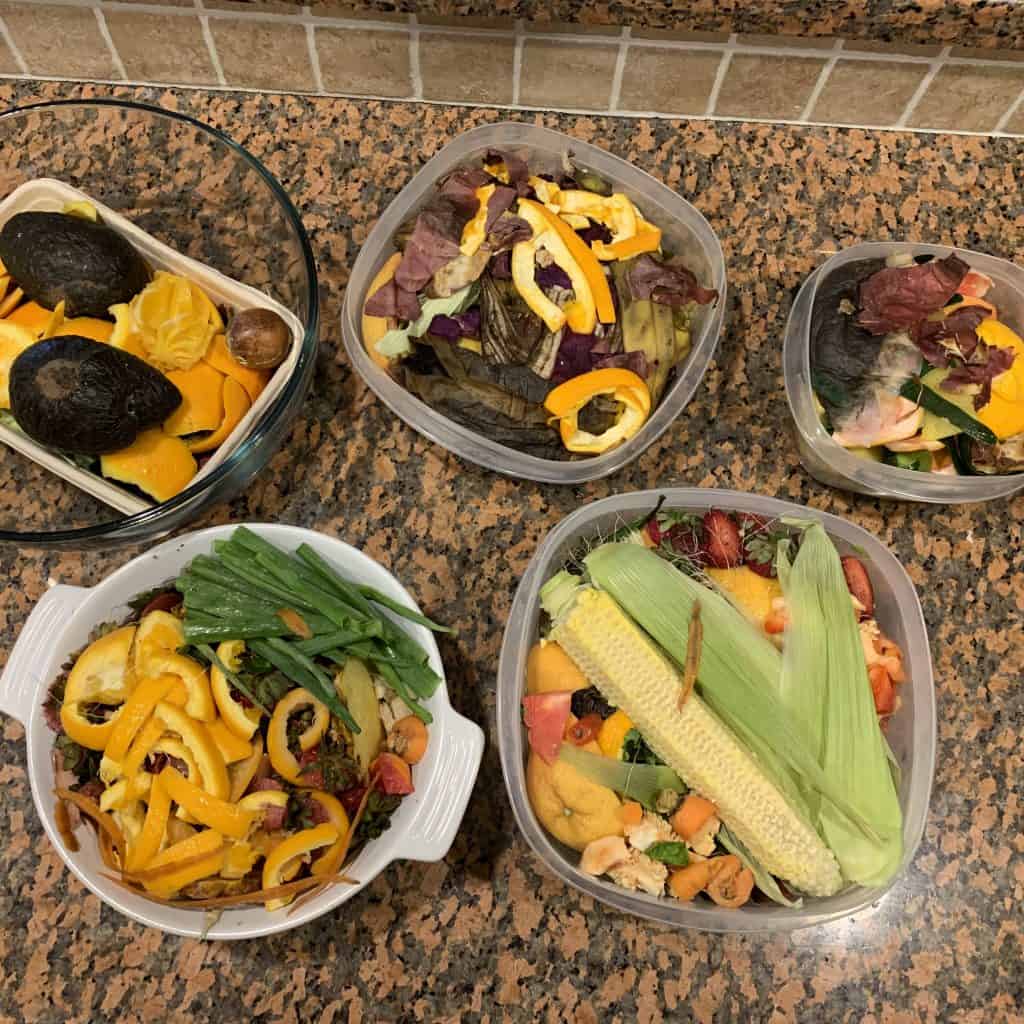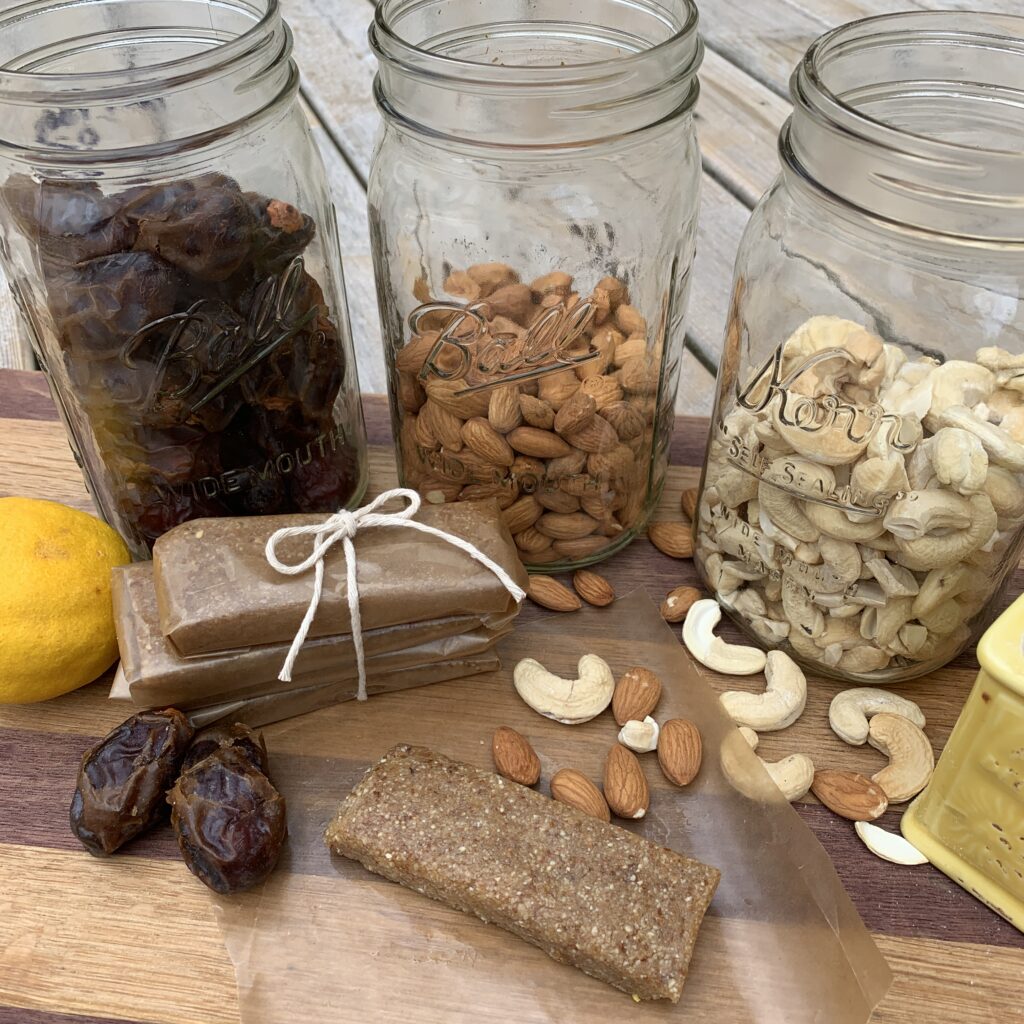Food Expiration Dates

Would this be safe to eat December 2021? Yes!
Nutrition labels aren’t the only confusing thing on food packaging. In Just the Facts, Ma’am, we went over what terms like “Whole Grain,” “Lite,” and “Zero Trans Fat” really meant, but there’s another area of confusion—those dates stamped on cans, boxes, and other packages. Misunderstanding these dates leads to food waste and a big hit on your wallet.
There’s no national standard on food expiration date labels, except for infant formula (see below) so manufacturers come up with their own dates. In the absence of federal guidelines, most states (43) have come up with laws defining how stores deal with food expiration dates. For example, in Washington state, certain foods, such as eggs, milk, and cottage cheese, are required to have a “sell by” or “pull by” date set one week prior to typical spoilage. Stores are required to remove these products from sale by this date, even though it is not spoiled and won’t spoil for at least a week. Fortunately, Washington does allow these pulled products to be donated to food banks for distribution. Other states have different rules, which vary widely, including length of time something can be sold in stores and whether items past sell by dates can be donated or not.
Montana has even stricter guidelines, requiring stores to discard milk if it isn’t sold within 12 days of pasteurization, despite producers insisting milk is good up to 21 days post-pasteurization:
EXPIRED? Food Waste in America
The Harvard Food Law and Policy Clinic (FLPC) and Racing Horse Productions produced EXPIRED as a collaborative effort between two programs: one that aims to test and teach media advocacy techniques in the context of real world practice and one that aims to provide hands-on opportunities for students to learn about and improve the laws and policies shaping the food system.
But it’s not just milk. According to estimates from the USDA, stores and consumers discard 133 billion pounds ($161 billion) of good food a year. Not only could this have fed people who needed it, but it is a waste of energy and labor used to produce, transport, and store the food, and creates the greenhouse gas, methane, when included in municipal dumps. Food waste makes up the largest component in landfills where it produces the greenhouse gas, methane. In the US alone, methane produced from wasted food in dumps is equivalent to the amount of greenhouse gases produced by 37 million cars every year!
Food waste is a huge problem. So much food is thrown away by grocery stores that people actually live on dumpster diving! The film, Just Eat It, documents a couple doing just that and it’s fascinating (and appalling that there’s actually too much food for them to consume).
Just Eat It – A food waste story (Trailer)
In The Clean Bin Project, Jen Rustemeyer and Grant Baldwin attempted to produce zero waste in an examination of our throw-away society. As a followup, they turn their eye to food waste from farm to fridge. They vow to stop buying groceries and for six months to survive exclusively on discarded food.
What Do These Dates Really Mean?
These dates can be confusing, so let’s decipher them:
“Best by” or “Best if used by”
These are dates for what the manufacturer believes are for best flavor, color, etc., not a purchase or safety date. Foods are likely just as nutritious past these dates. It’s likely that this is just a marketing tool to get stock moved off grocery store shelves or to have consumers throw away and repurchase.

These crackers won’t spoil or go stale by this date (they’re likely sealed in plastic). It’s an arbitrary date set by the manufacturer.
“Use by”
This is the only federal food safety date. The FDA requires a Use By date on all infant formula to ensure that it still contains the amount of nutrients listed on the nutrition label and maintains a consistency to pass through a baby bottle nipple. The manufacturer still determines the date. Do not buy or use infant formula past the Use-By date.

Baby formula is the only food with a Federally-regulated food expiration date.
“Sell by” or “Pull by”
This date tells stores how long they can sell or display the product. It’s not an expiration date and is still safe to eat after this date. In many states, stores will just throw these away after the sell by date has passed. In Washington, stores can sell or donate products that have reached this date but are not yet spoiled. Other states have different regulations.

This carton will be pulled if not sold by December 16 (2019) but it will still be safe and edible!
“Packed on” or “Closed on” or coded
This is an indicator of when an item was packaged, sealed, or canned. They are simply packing numbers used by manufacturers, not an expiration date. Usually used to identify items in case of a recall.

Oftentimes the printing is just manufacturing codes and dates, not expiration dates.
It’s Likely Not Expired, Totally Edible, and Safe.
How Perfectly Edible Food Is Being Tossed In The Dumpster Rather Than Donated
All commercial dumpsters may be filled with trash, but some contain food that is perfectly edible. Inside Edition’s Chief Investigative Correspondent Lisa Guerrero and food waste expert Rob Greenfield recently searched for food inside garbage bins, and what they found was shocking.
It’s important to realize that the dates on food are usually arbitrary and used more for marketing than food safety. So don’t throw away that can of corn with the use by date from two months ago, it’s likely just fine and tastes no different than the can you pick up today to replace it. And those discounted foods hidden in the dark corners of your supermarket? Buy them and save some cash!

Shelves of discounted, totally good food in a dark hallway at my local Safeway store.
The USDA even agrees. Here are the guidelines from the USDA on canned food storage:
Low-acid foods (canned meat, poultry, fish, stew, soups, green vegetables beans, carrots, corn, peas, potatoes, etc.) can be stored 2-5 years.
High-acid foods (canned juices, fruit, pickles, sauerkraut, tomatoes, tomato soup), for 1-1.5 years.
Don’t use canned foods that are:
- Heavily rusted, i.e. more than just surface rust that wipes off, or rusted inside the can
- Swollen
- Dented deep enough to lay your finger in or has sharp points
And check out the FoodKeeper App developed by the USDA and Cornell University to search food storage recommendation guidelines.
Free Yourself from Fear of Food Dates

Be a smart consumer!
I commonly see posts in Facebook groups that say, “OMG, I just found a package of tofu in my refrigerator that has a sell by date from 5 days ago. I’m so bummed I have to throw it away!” Remember, it’s a sell by date, not a use by date. If the package is intact, not swollen, not moldy or showing signs of spoilage (discoloration, fizziness), doesn’t smell when you open it, it’s fine! The same goes for canned and other packaged foods.
Don’t be fooled. Be a smart consumer, armed with food date knowledge, and don’t throw away perfectly good food.
Do you like this post? Please share....
[mashshare]
2 Comments
Leave a Comment
If you liked this post, you might like one of these:
Categories:

[Trī-māz-ing]
Cindy wants you to be Trimazing—three times better than amazing! After improving her health and fitness through plant-based nutrition, losing 60 pounds and becoming an adult-onset athlete, she retired from her 20-year firefighting career to help people just like you. She works with people and organizations so they can reach their health and wellness goals.
Cindy Thompson is a national board-certified Health and Wellness Coach, Lifestyle Medicine Coach, Master Vegan Lifestyle Coach and Educator, Fitness Nutrition Specialist, Behavior Change Specialist, and Fit2Thrive Firefighter Peer Fitness Trainer. She is a Food for Life Instructor with the Physicians Committee for Responsible Medicine, Rouxbe Plant-Based Professional, and Harvard Medical School Culinary Coach, teaching people how to prepare delicious, satisfying, and health-promoting meals.
She provides health and lifestyle coaching at Trimazing! Health & Lifestyle Coaching. Cindy can be reached at info@trimazing.com.
Subscribe to the Trimazing Blog
Receive occasional blog posts in your email inbox.
Subscribe to the Trimazing Blog
Receive occasional blog posts in your email inbox.





















Finally! People need to talk more about this because so much food gets wasted because of people throwing out food because it is past their expiration dates. That does not mean that it went bad necessarily!
Thank you! The thing is, they AREN’T expiration dates at all, but people read them as if they are.